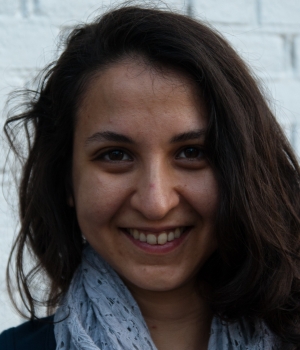
Selin Dilli is a postdoctoral researcher at Utrecht University. She studied Sociology (BSc) at Middle East Technical University, Turkey (2009, Summa Cum Laude). She then obtained a MSc in Sociology and Social Research and a PhD in Economic and Social History from Utrecht University. Her dissertation examined the historical relationship between family systems, gender equality and development in the world economy, c.1850 and 2000. Her main research interests focus on the evolution of formal and informal institutions, gender inequality and their long term link with political and socio-economic development outcomes of societies. In her research, she uses quantitative methods to analyse large datasets and incorporates insights from different social sciences such as sociology, history, economics and political science.
In relation to the FIRES project, she works on the historical evolution of labour, knowledge and financial institutions in Europe during the twentieth century and their long term link with entrepreneurial activity.


Selected Publications:
- Dilli, S. (2015). Family Systems and the Historical Roots of Global Gaps in Democracy. Economic History of Developing Regions.http://www.tandfonline.com/doi/full/10.1080/20780389.2015.1109440
- Dilli, S., Rijpma, A. & Carmichael, S. G. (2014). Achieving Gender Equality: Development versus Historical Legacies. CESifo Economic Studies, 61(1). http://ips.sagepub.com/content/early/2014/05/12/0192512114528228.abstract
- Coffe, H. & Dilli, S. (2014). The Gender Gap in Political Participation in Muslim-majority Countries. International Political Science Review. http://ips.sagepub.com/content/early/2014/05/12/0192512114528228.abstract
- Carmichael, S., Dilli, S. & Rijpma, A. (2014). Gender Inequality since 1820. In A. Rijpma, J.L. van Zanden, M. Timmer, J. Baten, M. M. d’Ercole & C. Smith (Eds.), How Was Life? (pp. 217-248). OECD Publishing. http://www.oecd-ilibrary.org/economics/how



